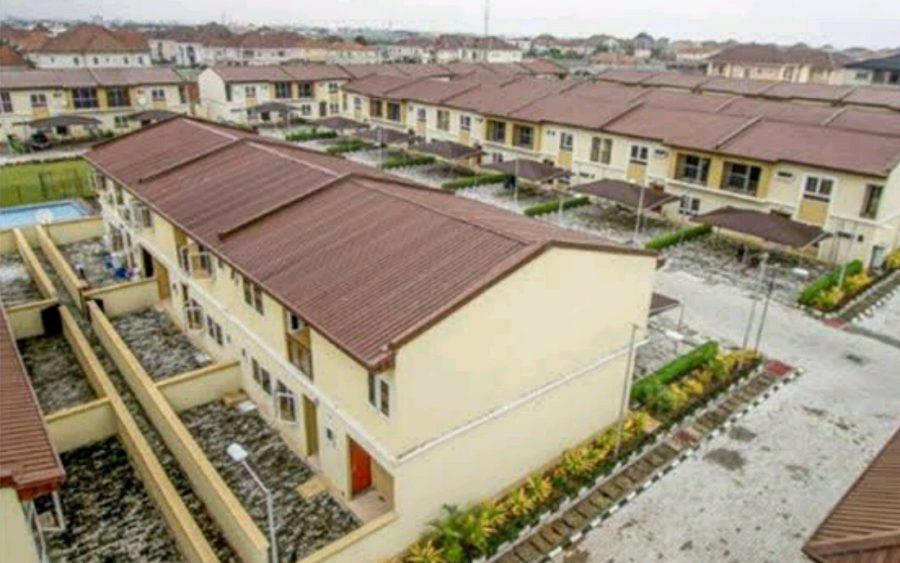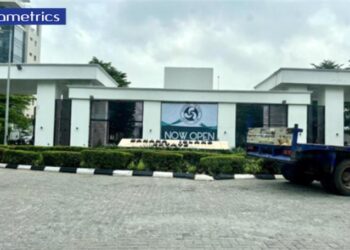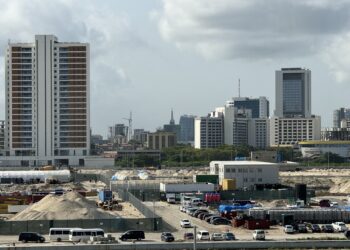No doubt, Lagos is the commercial hub of Nigeria and this is the reason its real estate sector has been an issue discussed in several fora, both home and abroad.
The number of housing units available in Lagos is not sufficient for the population. According to the Pison Housing Group’s 2019 report, the housing stock in Lagos is estimated to be 1.492 million units, while the United Nations put its population at 18 million people in 2019.
Meanwhile, a question or concern of some operators and stakeholders is whether the prices placed on the properties are fundamentally driven or based on assumptions.
Below are the reasons/forces behind the prices, according to a report from Estate Intel:
READ: Lagos warns against development on Magodo wetlands, to enforce strict sanctions
Owners target highest bidders
With over 3.8 million households in Lagos, up to 2.1 million households are without formal housing. This presents a supply gap of over 55%. As typical in every market, excess demand drives up prices. Estate Intel stated that this makes landlords, who frequently get requests for their available spaces, to increase the prices and let out or sell the property to the highest bidder.
Lack of transparency between asking and achievable prices
Estate Intel added that the multiple agents and developers typically list properties significantly higher than what they are prepared to achieve.
It stated, “We expect developers or agents to aim to achieve the highest possible price, with a window for negotiation, leaving a wider than usual spread between asking and achievable prices.
“A large spread in between asking and achievable rent makes average market rent seem artificially high and encourages other developers to hold fast on those artificially listed prices, keeping average rents or sale prices high.
“This is very misleading especially because most of the properties on the listed platforms in Nigeria are priced well above what is achievable.”
READ: Lagos re-channels, re-aligns Banana Island shoreline, says demolition continues
Construction cost and land price
The real estate operator explained that the high cost of acquiring land, including the actual cost of building, also adds to the reasons property prices in Lagos are high.
“We analyzed four brand new projects in Banana Island, Ilasan, Yaba, and Surulere. With sale prices ranging between 21m to 24m for the 2-bed apartment in Yaba and 620m for a 6-bed house in Ikoyi, all developers maintained profits ranging between 15% and 36% and rental yields of 2% to 7%.
“Our analysis shows that land acquisition and construction costs contributed 22% and 64% to the total cost of development respectively, for the Ikoyi project, however, the split was 53% and 47% respectively.
“The skew is due to the fact that Ilasan, Yaba, and Surulere (with an average land price of ₦78,000 per sqm) are relatively cheaper than the more pronounced Ikoyi (Banana Island where the developer bought the land at ₦400,000 per sqm),” it added.
READ: Lagos seals 22 other buildings in Banana Island, Ikoyi axis over permits
Excessive speculations
According to the real estate firm, land is a scarce commodity and locations that are close to commercial and recreational activities such as Lekki, etc create demand and push up prices. However, these price increases are not always rational.
It stated, “Availability of a large expanse of land in prime locations such as Ikoyi (especially Banana Island), Victoria Island, and Lekki Phase 1 is limited. As a result, the few landowners are increasing their prices to record levels, even in the face of high vacancies in some properties.”
READ: Lagos, NPA enforcement teams identifies 7 parks for trucks, tankers to ease Apapa traffic
Bottom-line
Some landowners are increasing their prices to record levels, even in the face of high vacancies in some properties.
For instance, to our surprise, in early 2020, asking prices for land in Banana Island were around ₦400,000 to ₦600,000 per square meter, but it now sells for as high as ₦800,000 to ₦1,000,000 per square meter.
























